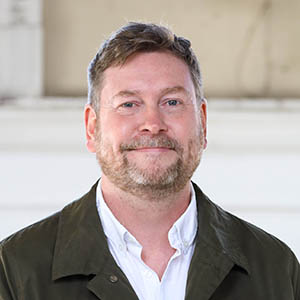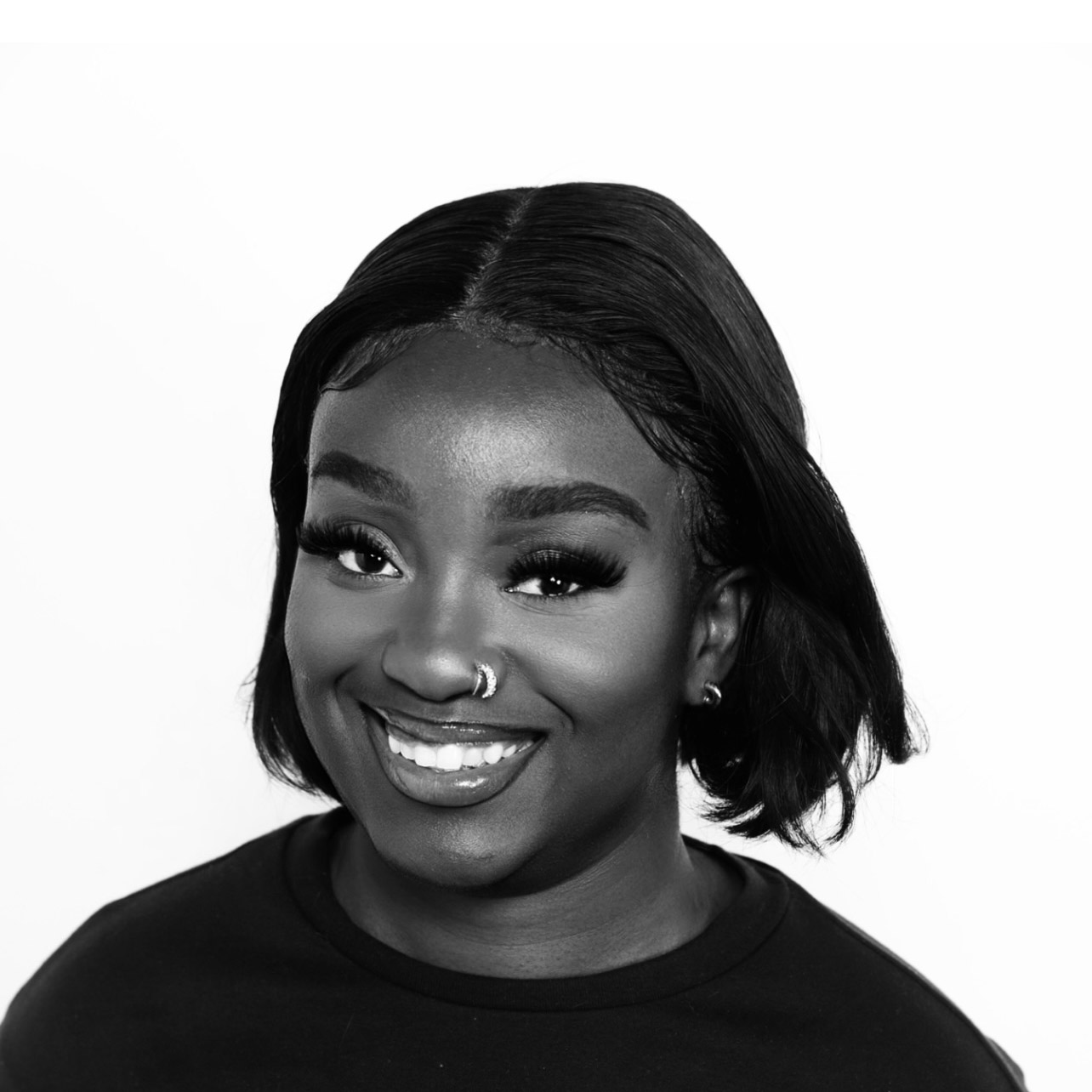Andy Summers

Architect, educator, curator, public programmer, Glasgow, United Kingdom
What inspired you to want a life in Architecture and the creative industries?:
I have always been interested in buildings since a very young age. I’m not sure why, but my Mum tells me I’d constantly ask her questions about the houses in our neighbourhood. I feel fortunate to have found a subject and industry that I adore, with architecture crossing over areas of deep interest which include aesthetics, materials, geography, history, atmospheres and, of course, people.
Who inspired you in finding your path to Architecture/Film and the creative industries?:
I was inspired a great deal by film and cinematography. I was always hyper conscious of rooms, spaces, buildings, streets, cities and landscapes depicted in films, from Rear Window to Star Wars. In school, I was greatly supported by my art teachers, Mr Dalziel and Mr Hunter at Forrester High School, allowing me to draw and write about architecture. My path was quite natural and organic, and I chose my subjects at high school specifically to study architecture at university, though I wasn’t sure I’d go to university until quite late on in school. I do remember the term ‘architecture’ being quite exciting and accessible, but the word ‘architect’ was actually pretty frightening, and I had no idea really what was in store.
How you unlock obstacles and overcome bias in your work?:
Empathy is quite critical in doing this. It’s important to realise that everyone has a different life experience, background, and approach to working. Understanding these intersectional dynamics that will naturally exist within a group of people is critical in recognising obstacles that might hinder or exclude people from being present, contributing, and leading. Reading about bias and understanding privilege is foundational to overcoming it. We all don’t read enough. In working to overcome obstacles and bias, it’s also important to not take challenges to your privilege personally: understand who you are, but be ready to use or park your privilege for the wider benefit of the people and work you are involved with. Listening to people who are or have been affected by bias is also important, as they are the ones who can see it first and foremost. Learn from them, but be ready to actively play your part in dismantling systems of bias and discrimination: the labour in overcoming bias should primarily come from those whom the bias is benefitting.
What improvements do you feel are required to promote effective change in the academic and working environment?:
Reading and discussion are not invested in or supported enough within academic contexts. Design curriculums are packed across the subject areas, but dedicated reading of say, specific chapters within relevant titles which engage with intersectionality, white supremacy, and power dynamics within the built environment need to be supported and invested in more. Students should be given specific time and shared tasks to read and discuss texts to properly deepen reflecting learning.














